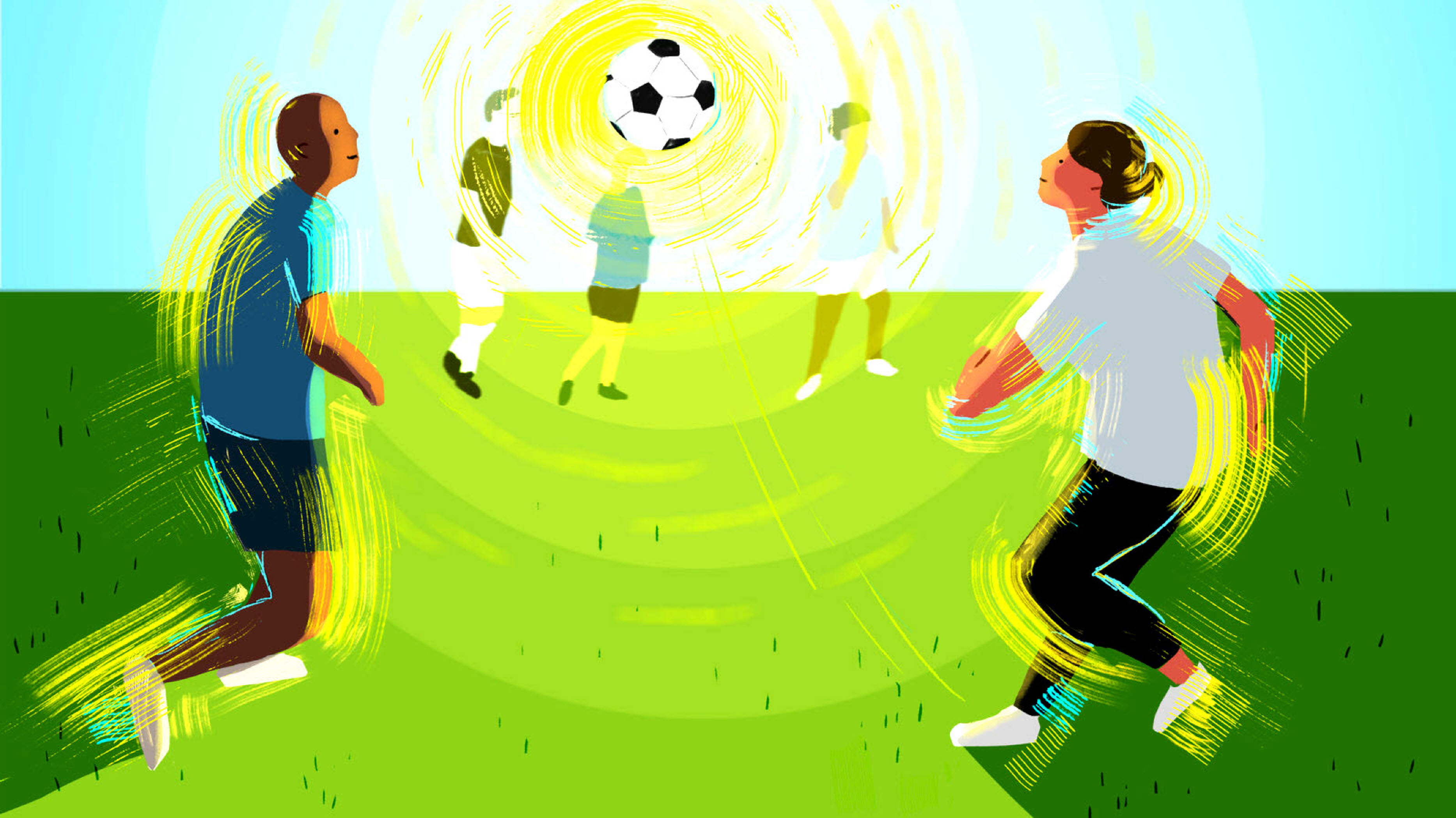

Physical exercise is often associated with physical health benefits such as weight loss, improved cardiovascular health, and increased strength. However, the positive impact of sports and exercise on mental health is often overlooked. Engaging in sports has been found to not only improve physical well-being but also significantly contribute to mental well-being.
Regular participation in sports has been linked to a reduced risk of developing mental health issues such as depression and anxiety. Exercise promotes the release of endorphins, which are known as the body's natural mood enhancers. These endorphins help reduce feelings of stress, anxiety, and depression, increasing overall mental wellness.
Sports also provide an outlet for individuals to cope with and manage stress. The physical activity and concentration required during sports help distract the mind from daily worries and negative thoughts. By focusing on the present moment, athletes often experience a sense of mindfulness, which can contribute to improved mental well-being.
Moreover, team sports offer social interaction and a sense of belonging. Being a part of a sports team fosters a feeling of camaraderie and supports the development of strong relationships. These connections can provide a valuable support system and improve overall mental health. The sense of belonging within a team can also boost self-esteem and self-confidence, contributing to a positive outlook and mental well-being.
#James Donaldson notes:
Welcome to the “next chapter” of my life… being a voice and an advocate for #mentalhealthawarenessandsuicideprevention, especially pertaining to our younger generation of students and student-athletes.
Getting men to speak up and reach out for help and assistance is one of my passions. Us men need to not suffer in silence or drown our sorrows in alcohol, hang out at bars and strip joints, or get involved with drug use.
Having gone through a recent bout of #depression and #suicidalthoughts myself, I realize now, that I can make a huge difference in the lives of so many by sharing my story, and by sharing various resources I come across as I work in this space. #http://bit.ly/JamesMentalHealthArticle
Find out more about the work I do on my 501c3 non-profit foundation
website www.yourgiftoflife.org Order your copy of James Donaldson's latest book,
#CelebratingYourGiftofLife: From The Verge of Suicide to a Life of Purpose and Joy
Link for 40 Habits Signup
bit.ly/40HabitsofMentalHealth

www.celebratingyourgiftoflife.com
Participating in sports can also help individuals build resilience and develop coping mechanisms. Sports often involve facing challenges, setbacks, and failures. These experiences teach athletes how to bounce back, learn from their mistakes, and persevere. This resilience can be transferred to other aspects of life, helping individuals cope with stress and adversity.
Additionally, sports provide individuals with a sense of purpose and meaning. Setting goals, working towards them, and achieving success in sports can create a sense of fulfillment and accomplishment. This sense of purpose can enhance overall life satisfaction and mental well-being.
It is important to note that while sports can have numerous mental health benefits, they are not a substitute for professional help. If you or someone you know is struggling with mental health issues, it is crucial to seek support from a mental health professional.
Tags: mental health, sports, exercise, well-being, depression, anxiety, stress management, teamwork, resilience, purpose, fulfillment

https://standingabovethecrowd.com/james-donaldson-on-mental-health-the-connection-between-mental-health-and-sports/


No comments:
Post a Comment